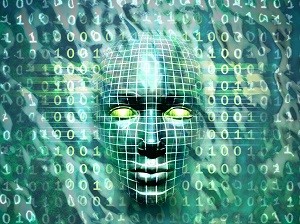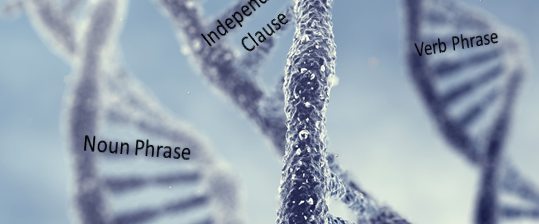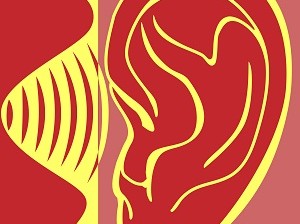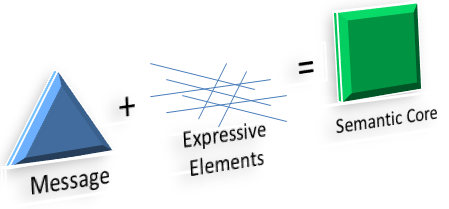Tag Archives: interpretation
18 Apr Irrational Language Rules

Language and Utterances Now let’s narrow the focus from communication to language. To avoid confusion, let it be clear from the outset that this discussion is not concerned with computer-programming languages, but “natural languages.” Computer languages have built-in or “prescriptive” regularity called a formal syntax. They are easy to describe, and they are obedient to […]
17 Apr Learning by Repetition

Frequency and Exposure For the very young, language learning requires mental gymnastics. Most theories of language learning refer to the fact that the frequency of repetition of a word or structure pattern determines the strength of its acquisition. In this context, there may be some threshold of frequency which, once reached, will result in the […]
15 Apr The Myth of Inexpressibility

I have often heard how the the variety of Eskimo words for snow is more linguistically rich than any other language. I learned many words in Japanese for different types rain. I agree that the richness, and the simplicity, and elegance of describing different snow types with different words is remarkable. But I don’t think […]
14 Apr Translation: Inverted Communication

Lately I’ve been concentrating on modeling communicative skills. Whether speaking, signing, gesturing or writing, we begin with intent and wrap symbols around the intent or message to encode it. Translating and encrypting start with a fully encoded message, and unwrap it, before rewrapping it in a different form that is intended to preserve the original intent. Translation is an application […]
10 Apr Talking About Computational Linguistics

Computational Linguistics Today Massive strides have been made in the cognitive definition of thought, perception, culture and language. The interaction or kinship of all these elements of the human experience is also better defined. This combined work has increased our self-awareness and provided the basis for synthesizing and modeling automata to extend our abilities and […]
09 Apr Abstract Contexts and Fuzzy Reasoning

We do not yet know how we remember things, nor do we know how we use remembered things in reasoning. The amazing feedback loops of afferent and efferent fibers between different layers of the cortex give us some amazing clues (Hawkins 2004). Today’s discussion of abstract contexts and fuzzy reasoning is intended as a bridge […]








